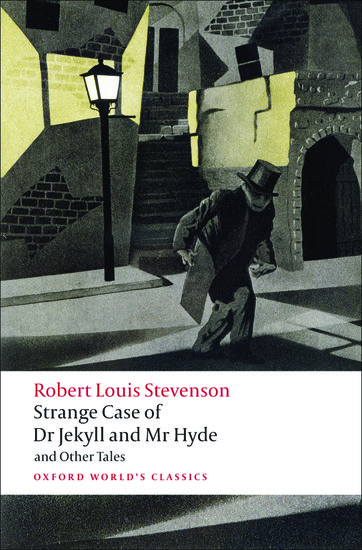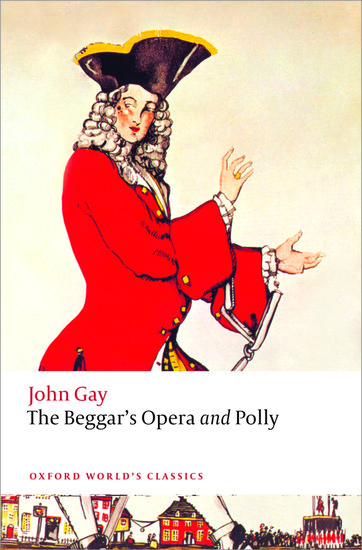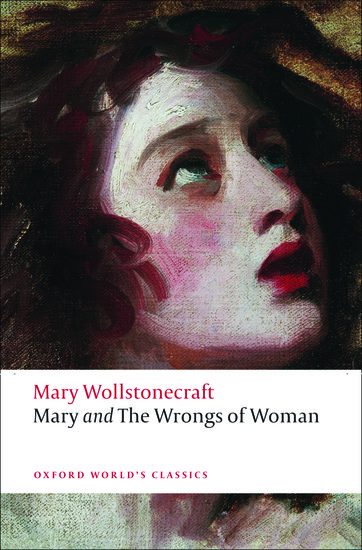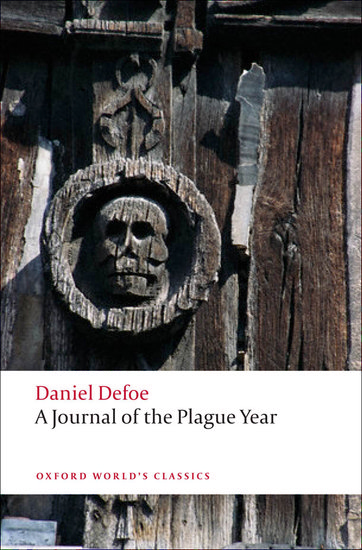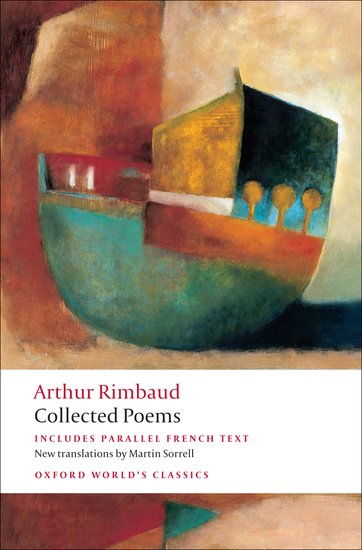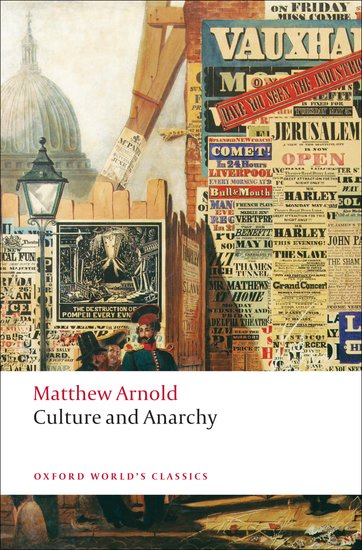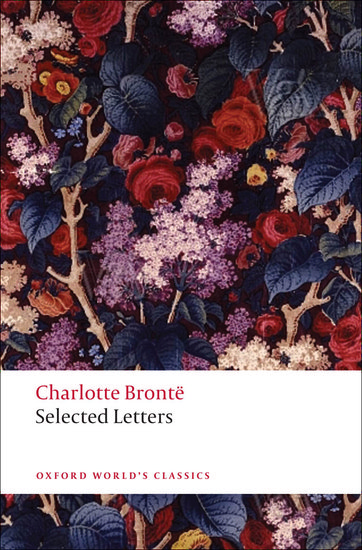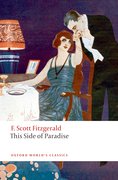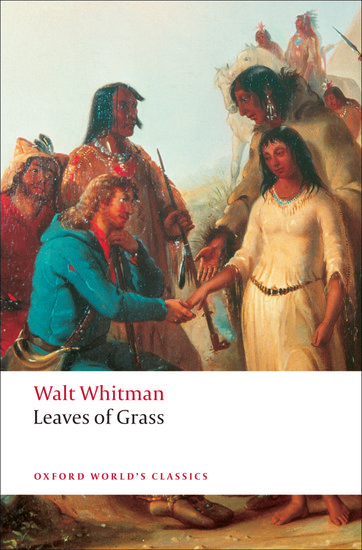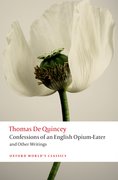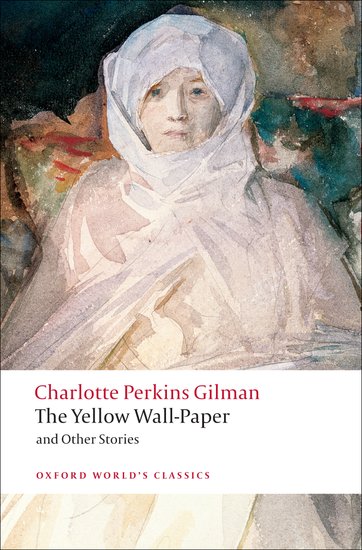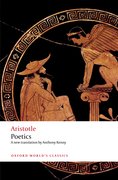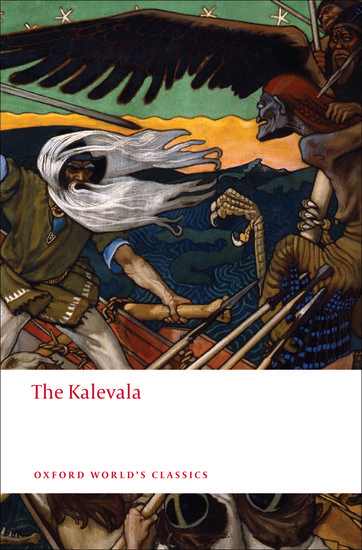Jekyll and Hyde: thoughts from Creation Theatre’s director
We are delighted that this year Oxford World’s Classics will be sponsoring Oxford theatre company Creation Theatre’s production of Jekyll and Hyde, which is taking place at another Oxford institution – Blackwell’s Bookshop – from 8 June to 6 July. To celebrate our partnership, we asked the production’s Director, Caroline Devlin, for her thoughts on Robert Louis Stevenson’s classic novel Strange Case of Dr Jekyll and Mr Hyde.

